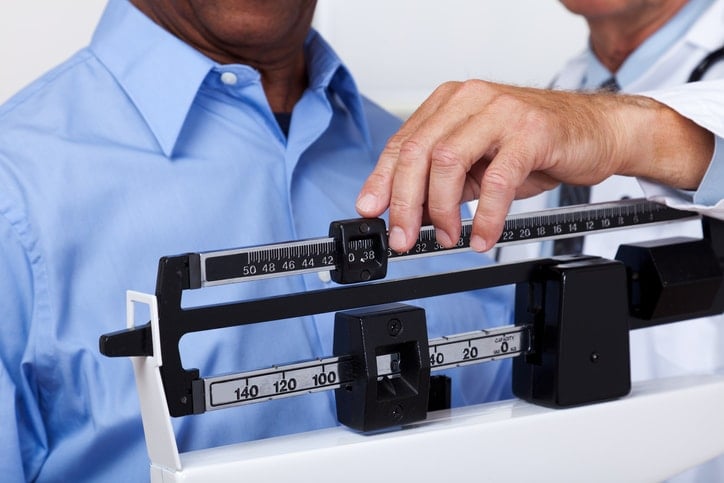What is Fatty Liver Disease?

Fatty liver disease is often associated with alcoholism, but for an increasing number of people who have this condition, that’s not the case. The disease can have serious consequences, especially in its more advanced stages.
What is fatty liver disease?
Fatty liver disease is characterized by a buildup of too much fat in the liver. This organ helps process what you eat and drink and also helps filter your blood, removing harmful substances. When fat makes up more than 5 percent of the liver's weight, it can result in serious health issues.
What causes it?
There are two main types of fatty liver disease – one that’s linked to alcohol consumption, and one that’s not. Nonalcoholic fatty liver disease (NAFLD) is often linked to obesity. About 30 million Americans have a more advanced form of the disease, known as nonalcoholic steatohepatitis (NASH), and the disease is becoming increasingly common.
Fatty liver disease can have a genetic component, and it’s thought that obesity triggers the gene.
The following can also cause non-alcoholic fatty liver disease:
- Rapid weight loss and malnutrition
- Side effects of certain medications, including aspirin, steroids, tamoxifen, and tetracycline
What are its symptoms?
- An enlarged liver
- Fatigue
- Pain in the upper right abdomen
- Weight loss
- Physical weakness
- Confusion
- Poor appetite
If the disease progressives to the more advanced stage, you may experience the following:
- Abdominal swelling
- Enlarged blood vessels just beneath the skin’s surface
- Enlarged breasts in men
- Enlarged spleen
- Red palms
- Jaundice (yellowing of the skin and eyes)
How is fatty liver disease diagnosed?
Often the disease is discovered during abdominal scans that are conducted for another reason, such as gallstones. It can also be detected using imaging scans such as an MRI, CT, or ultrasounds.
How is it treated?
Drug companies are working on medications for the more progressive form of NASH, but changes in your diet and exercise habits remain the best way to prevent and treat it. Even an 8 to 10 percent weight loss can help.
Your doctor may also recommend the following to reduce your risk factors:
- Limiting or eliminating alcoholic beverages
- Managing your cholesterol levels
- Controlling your blood sugar
If you have any symptoms or risk factors associated with fatty liver disease, contact us today for a consultation with Park Avenue Medical Professionals. We specialize in diagnosing and treating liver disease and can recommend customized testing and lifestyle changes needed to help improve your overall health and well-being. Fill out the form on this page to request an appointment or call 212.427.2000 to learn more.



